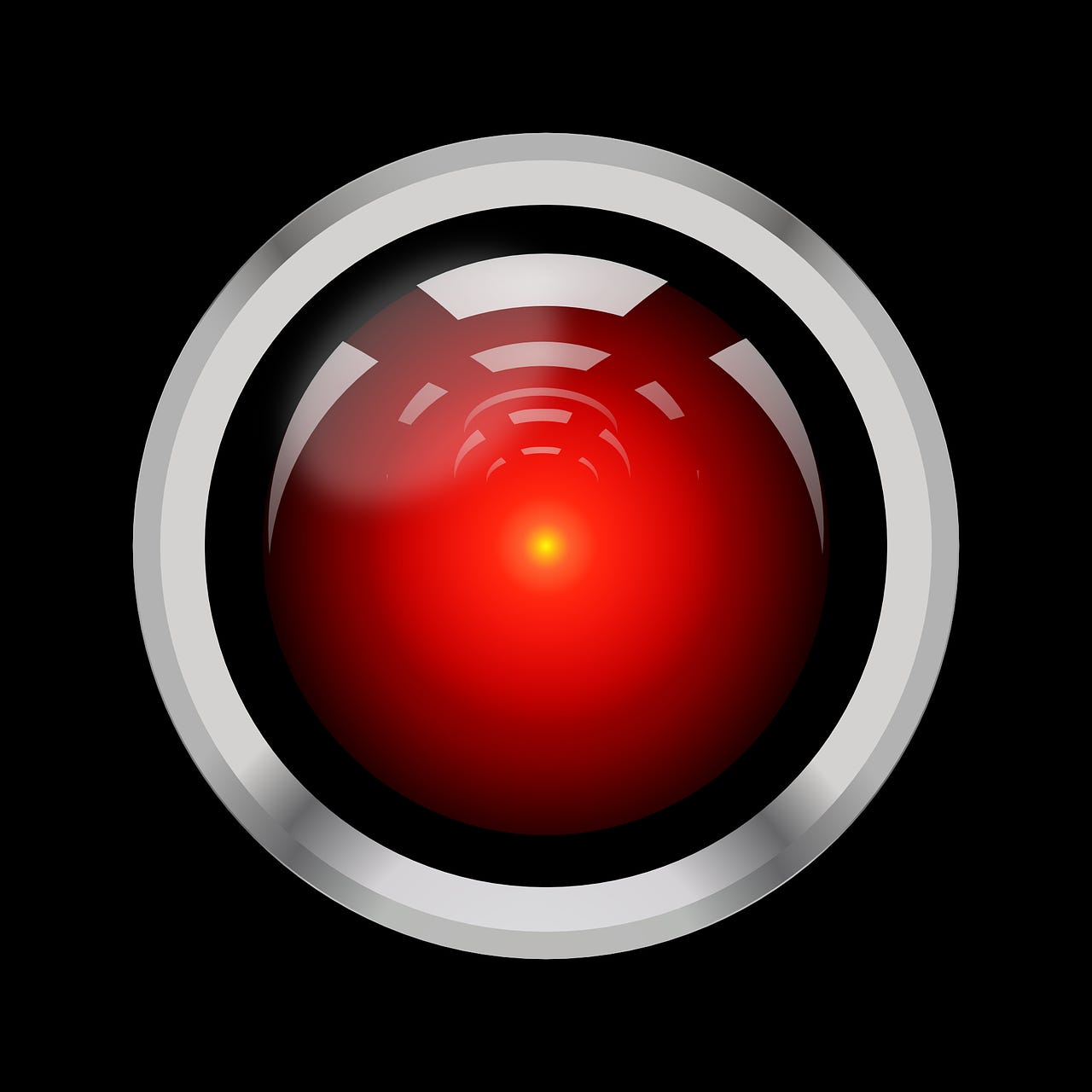Well, who saw THIS coming?
The Austin City Council spent $255 million of taxpayer money for 200 new electric city buses, or $1,275,000 each. A fourth of them were manufactured by a company called Proterra, which went out of business and was purchased by Phoenix Motor, which is now unable to honor the substantial warranty work or offer repairs.
That’s fairly bad, but then it appears — who knew??? — that electric buses need to be recharged. A diesel city bus runs 24 hours on it’s on-board fuel supply, meaning it can be scheduled to return to the bus barn once a day for refueling.
(Diesel buses, by the way, cost about $400,000 each, according to US DOT. I know, I know: The on-going cost of diesel fuel is substantial, unlike electricity, which is free and never requires fossil fuels to produce. Or not.)
The electric bus needs to recharge every 8 hours, or 3 times as often as refueling that clunky, smelly diesel rig. The recharging takes longer. It has proven problematic to schedule, given the routes the buses must travel. Sometimes the charging is required in the middle of a route, which does not sound like a winner.
Speaking of traveling routes, there are lots of hills in Austin, which suck battery power. Also, occasionally (like 10 months out of every year) it is hot in Austin and the A/C must be kept cranked up. Otherwise, the bus riders get unruly and start voting for somebody else for City Council.
Maintenance issues have resulted in the Proterra buses being sidelined.
Hey, what do you expect for a measly million dollars each?
It turns out that saving the planet is more expensive than we might have thought. If the people in Austin would merely walk to wherever they are going, it might really help. Like people used to do in Texas, say, 300 years ago.
Number 4. Breitbart. Music artists expected to lose 1/4 of income due to AI
The International Confederation of Societies of Authors and Composers (CISAC) released a study this week. They predict that music recording artists stand to lose as much as 25% of their revenues in the next 3 years due to the increased use of artificial intelligence.
Corporate executives, those greedy, self-centered, penny-pinching grinches, are always looking for ways to save money. It seems that much of the soundtracks they require can be produced by AI rather than by a kind, gentle, morally upstanding, pure-as-the-driven snow professional musician.
The only way to protect the good-guy musicos from the bad-guy corporatists is through government intervention.
In the era of Trump and Musk and Ramaswamy and Thune and Johnson, good luck.
Meanwhile, the AI beat goes on. It is an unstoppable force. Unions (“guilds” in this business) have made some progress to protect musician pay, but upstart AI systems like ChatGPT get so deeply mixed into the creative energy that it’s hard to tell the musical genius from the technological shortcut.
See the next article, where AI is coming for the writers next. As that gathers steam, I may have to find ways to adapt.
Speaking of musicians, Ted Gioia writes regularly about various genres of music, as well as commentary on politics and culture. I find him generally reasonable and well-researched, though I have some trouble keeping up with his focus on jazz.
Ted cites recent announcements by Microsoft, TikTok and a new tech startup called Spines that they each are moving big into hard copy printed books.
This, in the sudden age of digital media, where libraries are downsizing and retailers like Barnes & Noble are threatened.
Microsoft has invested $13 billion in their AI program, which sounds like the opposite of printed books. At the same time, they made a major move to develop a publishing house named 8080 Books. Clever… it is named after their first desktop computer processor from 40 years ago.
TikTok’s entry is called 8th Note Press, and aims to begin selling physical printed books in physical stores in a few months.
Spines plans to release 8,000 new books a year, and is seeded with $16 million already committed.
Each of these initiatives, according to Ted Gioia, are based on AI writing and publishing. Each company indicates they will support human writers, but the volume of cash to be invested dwarfs what writers can traditionally expect to earn.
It appears that the nod to actual writers may be no more than lip service. I don’t think I can compete with a machine when it comes to generating clever phraseology and unexpected plot twists.
What I read a few weeks ago, however, resonates with the writer in me: No machine will ever be able have a human experience. Telling that story, while a computer can make it slicker, is still the province of the person behind it.
It appears, however, that Big Tech is betting on consumers who don’t really care to connect with the person behind the story. And if you want to see how it will work as tech leaps forward, read on to the next article.
Number 2. Live Science dot com. Google’s 'Willow' quantum chip has solved a problem
I am pretty sure I cannot explain this article, but it looks both very good and very, very bad at the same time.
Researchers at Google, who specialize in computery things, have created a new approach to quantum computing that out-performs the biggest, fastest conventional supercomputer by… by lots. I don’t even know how to express how much faster the new gizmo is.
The term “CPU” has been used as shorthand for saying “computer” for years. Now, it appears that “QPU” is the new buzzword for a quantum computer.
The issue appears to come down to error checking. A CPU has a certain small but measurable failure rate in computations. Maybe that failure rate is something like 1 in a billion billion, which doesn’t sound like much, but the speed of a microprocessor makes it hard for us grasp the significance. There are safeguards built into computers, so that an error checking routine can fix problems. But the error-checking routine takes time.
Apparently — and mostly I am guessing what this article means — the new QPU approach virtually eliminates the error checking time. A 1995 article first proposed the idea that there is an error threshold: If the machine can fix errors faster than they are made, then there is effectively no speed limit on the computation.
There was a breakthrough in moving “below threshold” in 2019, and now, Google has announced yet another. Somehow, their new philosophy requires the use of a much more complex web of computations, so that errors become obvious and are thus driven out.
They throw around the term “qubit” which seems to be the basic building block of a quantum computer. And here I thought it was a way to measure how big the Ark had to be to hold all those animals, except the new one is spelled with a “q” instead of a “c.”
The result, Google claims, is that the new QPU has “cracked a problem that would have taken the world's best supercomputer 10 septillion years to solve.” Whatever that means. Basically, the bigger the QPU is scaled, the fewer errors are made.
I read once that when the Bible was written, it was copied many, many thousands of times in various languages. The method was generally a single person reading the text out loud in a room full of scribes with paper, pens and ink. Inevitably, some rube would make a mistake in his copy.
In one application, these errors were found by counting the number of Hebrew characters in the manuscript. If every scribe’s character number 5,681, for example, was a Tav, but one fellow had use a Reish, it was clear that the outlier was an error. That meant that the more copies available, the more reliable the error checking became.
(All those errored versions, by the way, were still considered holy writings and thus could NOT simply be discarded. They had to be sealed up and saved. I think that’s where a lot of the Dead Sea Scrolls came from. I may be wrong about this… let me know in the comments so that I may be publicly corrected.)
So: The upshot is that, with enough money spent on R&D, quantum computing will perform incredibly complex functions unbelievably fast.
This is undeniably good news for, say, instructing a laser machine to carve tiny cancer cells away from a healthy organ. This is already being done with AI, and will only get better with more speed.
But I wonder what implications this has for things like cracking passwords? Or drawing conclusions about my circle of friends, or my hobby interests, by examining metadata from my phone?
Until I read this article, I felt pretty good about my my high-strength passwords and multi-factor authentication.
It truly is a Brave New World, reminding me of Jim Croce’s lyrics in New York’s Not My Home: “Things were spinnin’ ‘round me, and all my thought were cloudy, and I had begun to doubt all the things that were me.”
Coupling Google’s advances in quantum computing with Microsoft and other Big Tech interests in printed media makes a writer of a nondescript blog wonder what place there is for flourishing.
Take heart! The message of the Old Testament is that there is always room for individual salvation, even in the midst of national condemnation. The New Testament makes it more clear yet. We’ll just have to see how it works in the information age.
Number 1. ESPN. Mets land Juan Soto on $765 million deal
Well… enough maudlin introspection. On to more happy news!
The quick and aggressive 26-year-old Juan Soto, New York Yankees outfielder, helped his team to the World Series and was highly ranked last season in the American League MVP voting. Now, he has cashed in with a 15-year $765 million contract with the New York Mets.
The new contract includes no deferred money, meaning that it is all paid in cash with no waiting periods. By contrast, the previous high dollar contract was when Shohei Ohtani signed a deal last winter with the Dodgers. Ohtani’s arrangement defers 97% of his payout for 10 years. Soto’s contract has no deferral of paychecks.
Maybe I’ll have to start paying attention to Major League Baseball. It looks like that’s where the money is.
I wonder if the 26-year-old outfielder from the Dominican Republic needs a ghost writer for an autobiography? A human ghost writer, that is, not a quantum wanna-be?
Thanks for joining The Alligator News Roundup for Friday, December 13, 2024. If it makes your viewing more productive, see past issues of the ANR on our new YouTube channel. Search for Alligator Publishing or The Alligator News Roundup and binge on past episodes. While you are there, please Subscribe to the channel. It’s free, and induces YouTube to present this wholesome and entertaining ANR to unsuspecting surfers the world over.
It’s gotta be more uplifting than reading about Big Tech money exploding into cyberspace. At least the New York Mets and Juan Soto story is about somebody real doing something actual.
Have a good weekend!




















Share this post